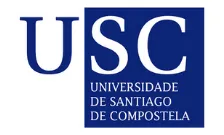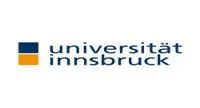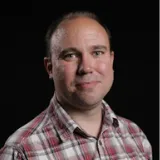Massively parallel sequencing technology in international criminal casework
This work builds upon the sequence characterisation and frequency determination of alleles at forensic STR and SNP markers being carried out simultaneously in both the Forensic Genomics research group and by international partners to devise new standards for sequenced STR data such that this technology can be applied in criminal casework and associated forensic databases. The scope of population sequence variation in the UK is being studied using 1000 samples and the ForenSeq Signature Prep kit from Verogen - providing sequencing data for 27 autosomal STRs and 94 identity SNPs.
The implementation strand of this project will also take advantage of the population sequence variation data to improve the knowledge base regarding traditionally-used forensic STR marks and harness this to guide the production of new nomenclature standards for reporting STR sequencing results in a forensic context. Our international collaboration with other forensic scientists interested in harmonization of future reporting standards has led to formalising discussions in an International Society of Forensic Genetics Working Group: ‘Short Tandem Repeat: Align, Name Define – STRAND’ with its inaugural meeting in 2019.
Aims
- To devise new international standards for STR sequence nomenclature to allow implementation of sequence-specific STR allele genotypes in both criminal databasing and kinship analysis.
Methods
A consensus approach of forensic genetics experts to drive essential nomenclature decisions needed for law enforcement, forensic genetic research and industry.
Impact
In April 2019, an international meeting on STR sequence nomenclature was hosted by King’s College London on Strand that included 26 experts from 9 different countries, with representatives from national DNA databases, forensic DNA profiling kit manufacturers, as well as scientists from law enforcement and research institutions. A DNA Commission of the International Society of Forensic Genetics on STR nomenclature has subsequently been set up to issue new guidelines for the international community. In addition to the STRAND working group, the commission includes members from the UK, the Netherlands, Denmark, Germany and the US. Meetings of this commission have been ongoing during 2021 with new guidelines expected to be published early in 2022.
External members
|
Researcher |
|
|
Researcher |
|
|
Academic |
|
|
Researcher |
|
|
Analyst |
|
|
Scientist |
PhD students
|
PhD student |
Our Partners

University of Santiago de Compostela

University of Innsbruck
Principal Investigator
Affiliations
Funding
Amount: £35,000
Period: January 2019 - January 2024



